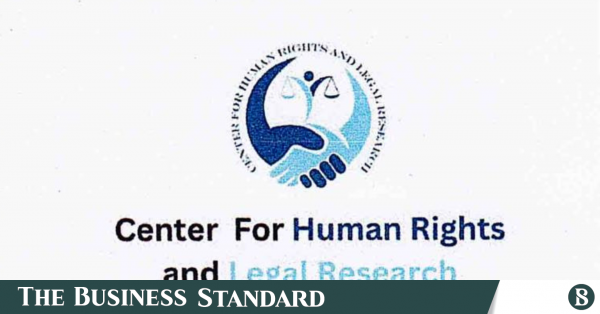Human rights organisation CHRLR observes excessive force used to response students peaceful demonstration


The national and international media have reported the recent repression and killing of over 200 students and people on quota reforming demonstration, coupled with unprecedented deaths and destructions, highlights severe governance deficiencies at the state level, according to the Centre for Human Rights and Legal Research (CHRLR), Bangladesh.
In a press release on Monday the CHRLR termed that peaceful dissent and demonstrations are constitutional rights, not crimes.
President of CHRLR Justice Shahidul Islam (retired) in a statement said, “The constitution grants the right to peaceful dissent, rallies, protests, and demonstrations. Witnessing the massive loss of lives and state property damage around a movement deemed peaceful by the government itself underscores an acute lack of good governance and accountability. Alarmingly, more deaths are being reported, including among children and teenagers uninvolved in the protests. It is crucial to question whether those responsible for these deaths will be held accountable.”
He further criticised the judicial commission’s limited investigation into six deaths on 16 July, questioning if the other lives lost were deemed worthless. According to media reports, students involved in the peaceful quota reformation movement now are living in constant fear of arrest, abduction, and torture. Students have reported abductions and torture by groups identifying as law enforcers.
“Government officials, including ministers, admitted that no students were involved in any atrocities. Yet, illegal abductions by law enforcement agencies blatantly disregard constitutional rights to protest. This creates a fearful environment for freedom of speech and assembly,” he added.
He criticised the internet shutdown as a suicidal decision, intended to obstruct free information flow.
“Cutting off citizens from internet service, under the guise of an arson attack on a data centre, violated digital rights and disrupted essential services, trade, and commerce. This contradicts the government’s vision of ‘Digital Bangladesh’ and ‘Smart Bangladesh.’ The human rights watchdog urges the government to restore full internet service to revive trade, ensure information flow, and mitigate the damage caused.”
The arson attacks during the protest raised questions about the government institutions’ preparedness and integrity in safeguarding important establishments.
This large-scale crackdown has targeted a wide range of individuals, from political activists to general citizens, raising serious concerns about the government’s commitment to upholding human rights and democratic principles.




